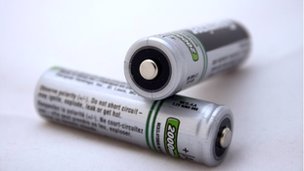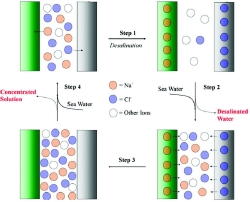Could between a quarter and half of the North Korean population be meth users? SINO-NK reports:
Though the North Korean government would never admit to outsiders that there is a drug problem in the country, the Daily NK has filed many reports over the past several years suggesting that “bingdu” (meth) is available practically at epidemic levels inside the DPRK. Articles claim, among other things, that commodity prices rise and fall depending on the harshness of ongoing crackdowns on bingdu; that middle schoolers in Hamhung, South Hamgyong Province, were caught producing bingdu; that teenagers give it as a birthday gift to peers; and, most recently, that Kim Jong-Un had ordered a crackdown on bingdu producers, sellers, and users.
Quotes from defectors and sources who spoke to the Daily NK report that anywhere from ¼ to ½ of the population in North Korea are using the drug. And as reported by Isaac Stone Fish in Newsweek, bingdu is often taken as a replacement for medicine in the DPRK. The general consensus appears to be that the North Korean government has taken a backseat to its citizens when it comes to the production and distribution of meth.
via Is North Korea Addicted To Meth? | Disinformation.
Given methamphetamine’s ability to ease hunger pains, give energy (despite not having eaten), and generally produce a feeling of euphoria (despite living in, you know, NORTH KOREA, this really isn’t too shocking. Kind of surprising, but not shocking once thought about.



